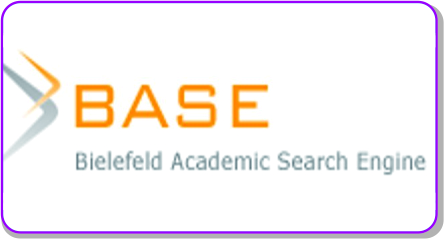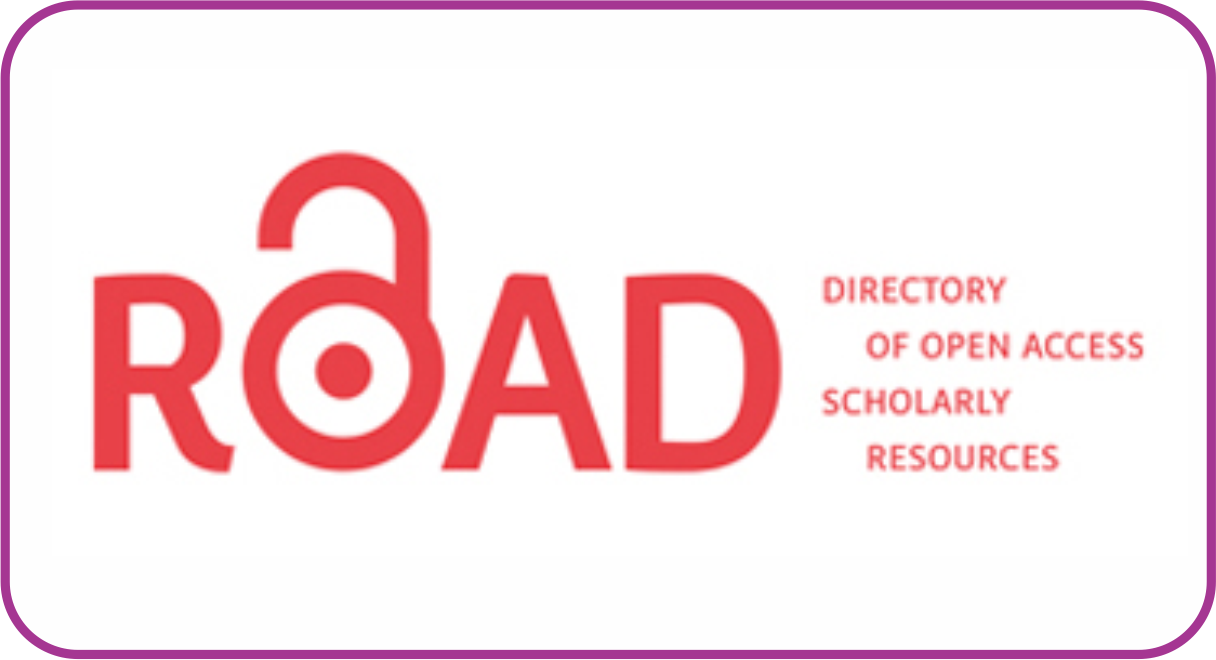Integrasi Domain Afektif Taksonomi Bloom dengan Pendidikan Spiritual Al-Ghazali (Telaah Kitab Ayyuhal Walad)
DOI:
https://doi.org/10.30983/educative.v5i1.3228Keywords:
Affective, education, spiritualAbstract
Research on the affective domain in Bloom's taxonomy has begun with the practical problem of lack of attention to this domain, especially when compared to cognitive domains. The author adopted the concept of spiritual education described by Al-Ghazali in Ayyuhal Walad's scripture as a perspective and basis for the integration of Bloom 's affective taxonomy, the source of the theory of learning practises in Indonesia, and the essence of Al-Ghazali 's spiritual education in this paper. This literature review used Al-Ghazali 's work in Majmu'at Rasa'il as the primary source. Bloom 's work is the theoretical basis for learning designs, as Reigeluth explains in teaching-design theories and models. They recommend that education be a medium for the opening up of divine inspiration, which enables students to engage in practical action as a reflection of the usefulness of practical knowledge. In collecting the data, the author used the Library's research phases as follows: data collection, criticism, interpretation, and writing. The finding shows that the integrative-holistic learning proposed by Al-Ghazali is practically illustrated through Bloom's learning design. It exemplifies that the objective of learning is to form the three domains holistically: affective, cognitive, and psychomotor.
References
As, Asmaran, Pengantar Studi Akhlak (Jakarta: Raja Grafindo Persada, 2002)
Ghazali, Al, Majmu’at Rasa’il (Beirut: Dar El-Fikr, 1996)
Isa, Syaikh ’Abdul Qadir, Hakekat Tasawuf (Jakarta: Qisthi Press, 2010)
Kartanegara, Mulyadhi, Menyelami Lubuk Tasawuf (Jakarta: Erlangga, 2006)
Lubis, Maesaroh, Nani Widiawati, Epistemologi Al Farabi, Struktur Dan Aplikasinya Dalam Pendidikan Islam, ed. by Robby H Abror (Yogyakarta: Suara Muhammadiyah, 2019)
Manullang, Belferik, Esensi Pendidikan (Medan: Yayasan Refleksi Pendidikan, 2005)
Sanjaya, Wina, Strategi Pembelajaran Berorientasi Standar Proses Pendidikan (Jakarta: Kencana, 2010)
Munthe, Bermawi, Desain Pembelajaran (Yogyakarta: Pustaka Insan Madani, 2014)
Widiawati, Nani, Pemikiran Spekulatif Dalam Filsafat Islam (Bandung: Insan Mandiri, 2006)
Okra, Riri, and Yulia Novera, ‘Pengembangan Media Pembelajaran Digital IPA Di SMP N 3 Kecamatan Pangkalan’, Journal Educative : Journal of Educational Studies, 4.2 (2019), 121 <https://doi.org/10.30983/educative.v4i2.2340>
Jazariyah, ‘Signifikansi Brain Based Learning Pendidikan Anak Usia Dini’, Jurnal Pendidikan ISlam, 11.1 (2017), 1–24
Kusumastuti, Narendradewi, and Universitas Negeri Yogyakarta, ‘Penanam Nilai-Nilai Moral Melalui Kegiatan Bercerita Pada Anak Usia 5 Tahun’, Jurnal Pembangunan Pendidikan: Fondasi Dan Aplikasi, 5.2 (2017), 162–75
Reigeluth, Charles M., and Alison A. Carr-Chellman, Instructional-Design Theories and Models, Instructional-Design Theories and Models, 1st Editio (New York: Routledge, 2009) <https://doi.org/10.4324/9780203872130>
Sebuah, Pada, Lembaga Pendidikan, and T K Di, ‘Penanaman Nilai-Nilai Moralitas Pada Anak Dini Usia (Studi Kasus Pada Sebuah Lembaga Pendidikan Tk Di Semarang) Bain Jurusan Sejarah Fis Unnes’, 2010, 181–92
Sesmiarni, Zulfani, ‘The Analysis of Learning Skill in Relation to Students Grade Point Average’, Talent Development & Excellence, 12.3 (2020), 881–85
———, ‘The Effective Moral Education on Early Childhood As an Effort Against Immoral Culture’, Jurnal Obsesi : Jurnal Pendidikan Anak Usia Dini, 3.2 (2019), 561 <https://doi.org/10.31004/obsesi.v3i2.191>
Sesmiarni, Zulfani, and Darul Ilmi, ‘Islamic State Institute of Bukittinggi Students’ Satisfaction on Academic Atmosphere and Service’, Lentera Pendidikan : Jurnal Ilmu Tarbiyah Dan Keguruan, 21.2 (2018), 236 <https://doi.org/10.24252/lp.2018v21n2i9>
it, Masganti, ‘Optimalisasi Kompetensi Moral Anak Usia Dini’, Jurnal Pendidikan Dan Kebudayaan, 16.1 (2010), 1–12
Suandi, ‘Hubungan Antara Katakteristik Rumah Tangga Dengan Partisipasi Dalam Keluarga Berencana Di Provinsi Jambi’, Unja, 3.1 (2007), 149–57 <https://doi.org/10.1174/113564009787531226>
Sumarna, Cecep, Rekonstruksi Ilmu Dari Empirik-Rasional Atestik Ke Empirik-Rasional Teistik (Bandung: Benah Merah Press, 2005)
Tafsir, Ahmad, Filsafat Pendidikan Islami (Bandung: Remaja Rosdakarya, 2008)
Thohir, Umar Faruq, ‘Konsep Keluarga Dalam Al-Qur’an; Pendekatan Linguistik Dalam Hukum Perkawinan’, Isti’dal; Jurnal Studi Hukum Islam, 2.1 (2015), 1–10
Downloads
Submitted
Accepted
Published
Issue
Section
License
Authors who publish with this journal agree to the following terms:
1. Authors retain copyright and grant the journal right of first publication with the work simultaneously licensed under a Creative Commons Attribution License that allows others to share the work with an acknowledgment of the work's authorship and initial publication in this journal.
2. Authors are able to enter into separate, additional contractual arrangements for the non-exclusive distribution of the journal's published version of the work (e.g., post it to an institutional repository or publish it in a book), with an acknowledgment of its initial publication in this journal.
3. Authors are permitted and encouraged to post their work online (e.g., in institutional repositories or on their website) prior to and during the submission process, as it can lead to productive exchanges, as well as earlier and greater citation of published work (See The Effect of Open Access).





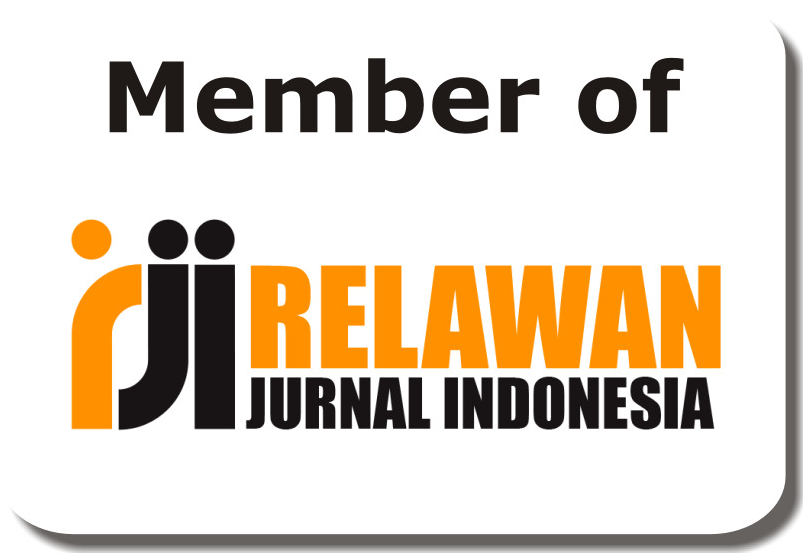


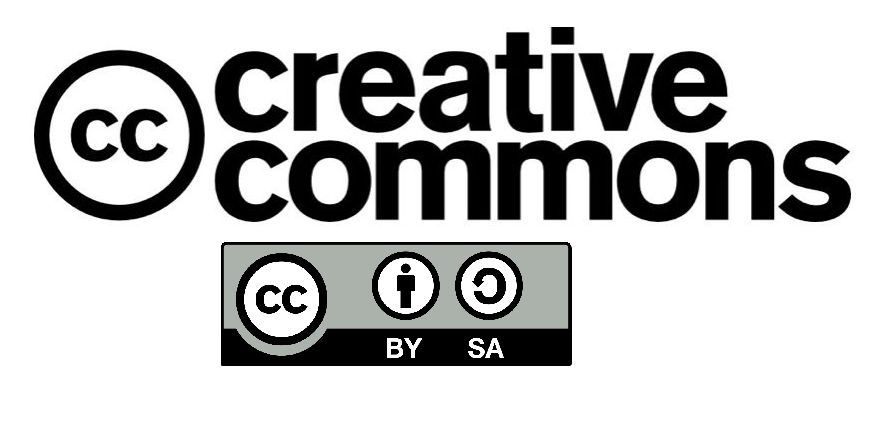


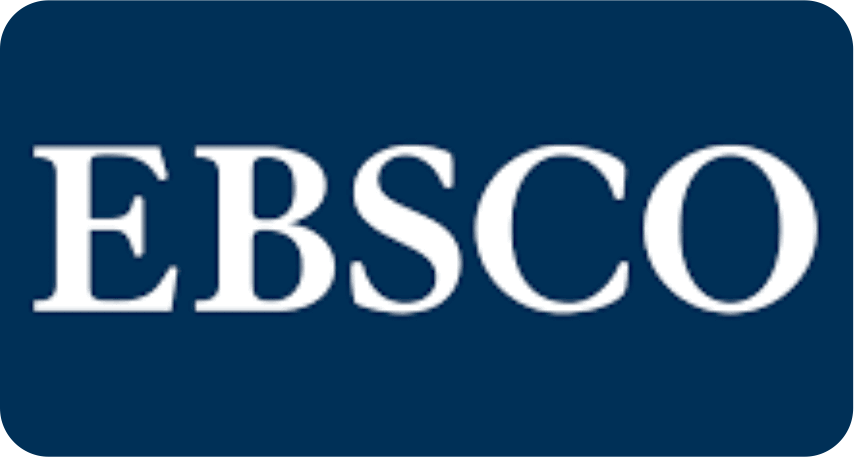






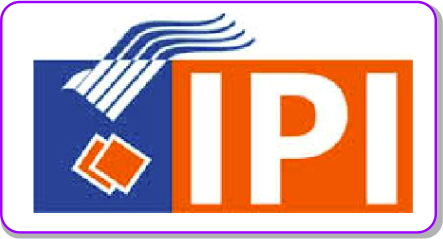 Â
 
